

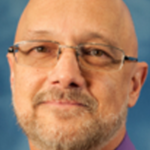 Professor Andrew Kwas
Professor Andrew Kwas
Andy has 41 years with NGC/TRW working in advanced space programs specializing in space, advanced manufacturing, astrophysics projects and in-space manufacturing. As a NG Fellow, he supports NGC’s key space customers including NASA, AFRL, NRO, DARPA, Army/SMDC, Space RCO, USMC, and the Navy. He is considered one of the prominent additive manufacturing (AM) experts in the country and has produced numerous papers in AM, as well as advanced satellite technology, in-space manufacturing using advanced additive manufacturing techniques, unique logistics solutions, and miniaturization of spacecraft components. Andy brings his innovative approach to problems and has won several awards in innovation. His leadership of applying advanced space concepts to a transitional operational phase has been critical to NGC’s success.
Andy is an appointed Research Scholar at the University of New Mexico and is on their staff in the Electrical and Computing Engineering Department, supporting satellite and space research. He is on the Technical Advisory Boards for Virginia Tech, U of Michigan, Cornell, and U of New Mexico. Andy Kwas graduated from the University of Michigan in 1978 with two Bachelor degrees in Aerospace Engineering and Applied Mechanics, and received a Masters degree in 1980 from the University of Missouri Science and Technology in Astrophysics.
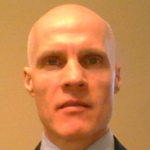 Brooks Cressman
Brooks Cressman
Brooks Cressman is the senior advisor at NOAA’s Commerce Remote Sensing Regulatory Affairs (CRSRA) office. In this role, he provides the Licensing, Compliance, and Policy officers with technical and regulatory expertise and represents the office at various forums. His remote sensing areas of focus are cybersecurity, SAR, and persistent imaging. Mr. Cressman is a senior project engineer at the Aerospace Corporation.
Mr. Cressman has a strong background in systems engineering and data communications with emphasis in radar systems, satellite communications engineering, and radio and optical spectrum management. He has worked satellite applications for over two decades including defending US satellite spectrum policy positions at World Radio Conferences. He joined Aerospace in 2017.
Mr. Cressman began his career working on USAF Airborne Electronic Warfare (AEW) systems at Westinghouse Electronic Systems Group in Maryland where he was trained as a systems engineer and received assignments on both airborne jammer and airborne radar programs. After five years he began working in the satellite communications field, starting with developing user terminals for a Mobile Satellite program. He guided hardware development and after I&T successfully accomplished US, Canadian, and Australian regulatory certification. He shares a patent for a cellular/satellite interoperability technique for this system. At program completion, he began work for American Mobile Satellite Corporation (AMSC) overseeing deployments of a satellite data service.
After receiving his MBA, Mr. Cressman moved into Product Management and took assignments in overseeing data communications product and service lines at AMSC, Orbcomm, and Sprint. At Sprint he specialized in new feature development on the team responsible for nearly $1 Billion in high-speed data services.
After two years Mr. Cressman joined start-up Vistar Datacom, where he took on operational assignments managing their terrestrial and satellite network. In 2004 he went to work for ITT where he employed his satellite communications analysis skills toward Radio and Optical Spectrum Management. He spent 12 years supporting DoD satellite spectrum policy positions in the US rulemaking process and served on the US delegation to the International Telecommunication Union’s (ITU) World Radio Conferences (WRC) in 2007 and 2012. After WRC-2012, he spent another 4 years with Exelis/Harris managing a team of spectrum engineers providing regulatory guidance to DoD program offices.
Mr. Cressman earned a bachelor’s degree in Electrical and Computer Engineering in the New York University System, and an MBA in general management from the University of Maryland.
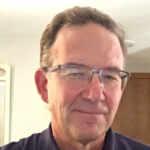 Karl Kensinger
Karl Kensinger
Karl A. Kensinger is the Chief of the Satellite Division of the Federal Communications Commission’s International Bureau. Mr. Kensinger’s experience and expertise covers a broad range of satellite policy and licensing matters, including licensing of small satellites and satellite constellations, international coordination of satellite networks, radio spectrum policy, and transfers of FCC licenses. He has been a primary FCC point of contact on orbital debris matters since 1995. Mr. Kensinger is a graduate of the University of Michigan Law School and the University of Chicago.
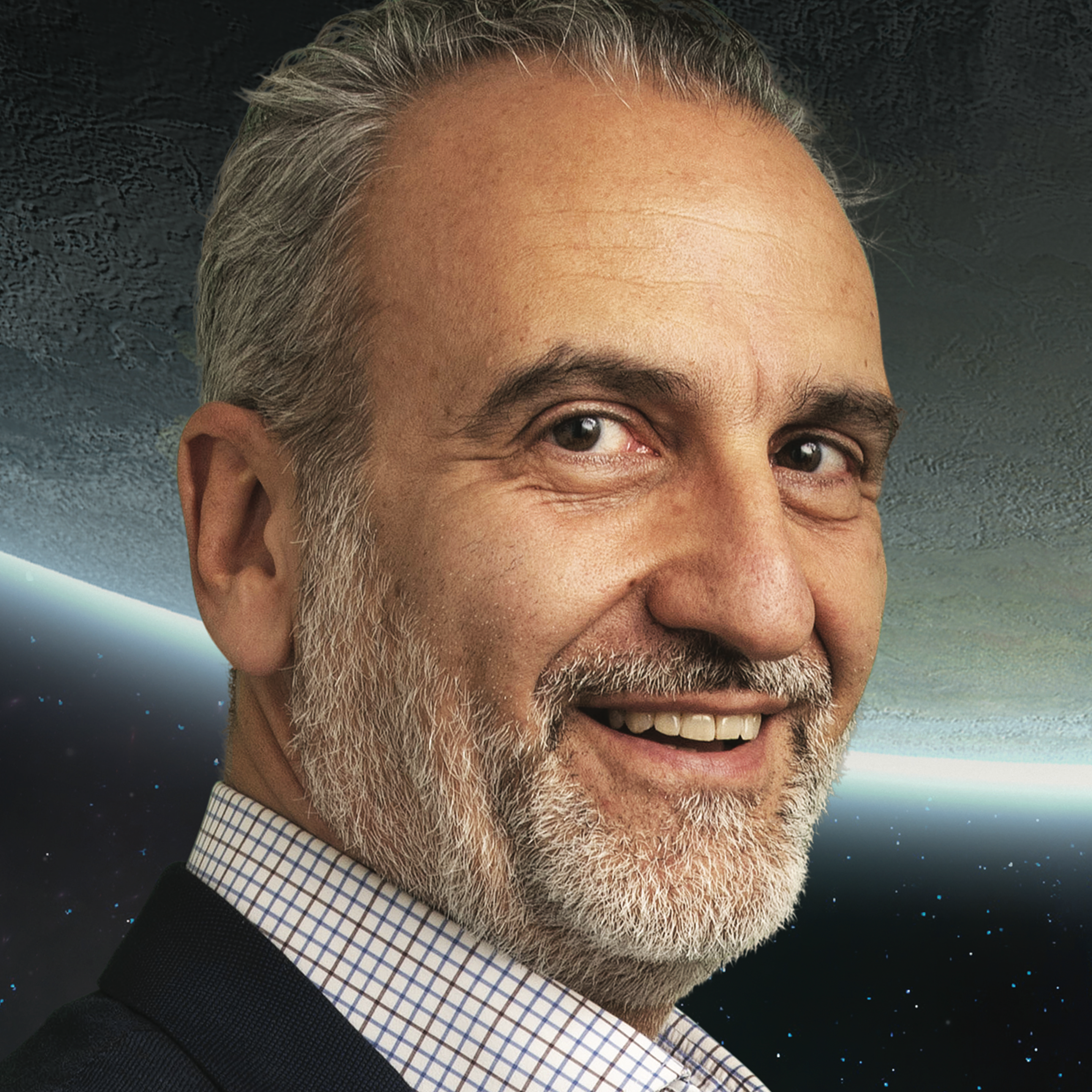 Andrea Vena
Andrea Vena
Andrea Vena is the Chief Climate and Sustainability Officer of the European Space Agency – ESA. He has over than thirty years of experience in the space sector both in industrial and institutional areas. He’s married with three children.
Graduated in Electronic Engineering, with a Master in Telecommunication Systems, he started his career in Italy as system engineer in Alenia Spazio, the space branch of Finmeccanica (today Leonardo), where he contributed to large space projects as the ESA Artemis Data Relay Satellite, and the ESA-NASA Cassini-Huygens mission, and then covered different managerial positions.
In 2000, Andrea started his career at ESA by joining the Strategy Directorate. In 2006 he was appointed head of the Corporate Strategic Planning office, in charge of the Agency’s strategic planning process, including the elaboration of the 10-year ESA Long-Term Plan and the management of Agency-level strategic risks.
In 2016, he was appointed head of the Corporate Development Office, in charge of establishing a corporate strategy for the development of the organization. Among his duties, Andrea was responsible for elaborating and coordinating the implementation of the ESA Strategic Plan including actions and activities needed to reach ESA development strategic objectives. He was in charge, among others, to define and deploy a knowledge management system across the organization as well as to elaborate a corporate social responsibility policy and define actions needed to implement it at ESA.
On June 1st, 2021, Andrea has been appointed Chief Climate and Sustainability Officer to ensure that ESA and its programmes contribute to the Paris Agreements on Climate Change and the European Green Deal. He’s in charge of elaborating and implementing an ESA Green Agenda, which identifies actions and activities needed for the Agency to achieve the GHG reduction Science-Based targets in line with the Paris Agreements. These include the assessment of the emissions linked to the design, development, deployment, and life operations of a space mission as well as of those linked to diverse operational activities of the organization, as data processing, satellite, and payload operations, but also office activities, mission travels and commuting.
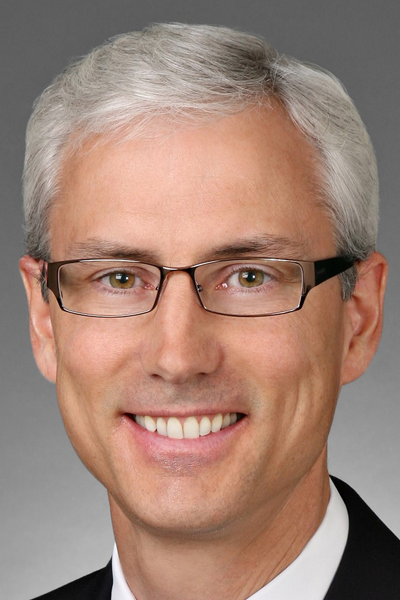 Brian Weimer
Brian Weimer
Brian Weimer is a corporate partner in the firm’s Washington, DC office and leader of the firm’s Communications Practice. Mr. Weimer is recognized by Chambers and has been repeatedly selected for inclusion in Best Lawyers in America for Communications Law.
Mr. Weimer provides transactional and regulatory advice to clients in the telecommunications industry, with particular emphasis on satellite, wireless, and media companies. He acts as corporate counsel to telecommunications companies in M&A and financing matters and also advises on Federal Communications Commission (FCC) regulatory issues presented by these transactions. Mr. Weimer represents FCC licensees on a wide range of issues at the FCC, including rulemaking, licensing, and enforcement matters. He also advises foreign and domestic clients on international telecommunications issues such as satellite landing rights, cross-border M&A transactions, and the Committee on Foreign Investment in the U.S. (CFIUS).
Mr. Weimer frequently speaks and writes on telecommunications-related matters at industry events. He is also actively involved in the Federal Communications Bar Association, where he has served as co-chair of the International Telecommunications Committee, the Transactional Practice Committee and the Wireless Committee. He is also a member of the Washington Space Business Roundtable (WSBR).
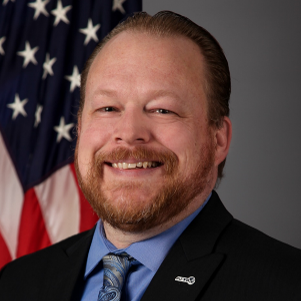 Dr. Andrew Williams
Dr. Andrew Williams
Dr. Andrew ‘Andy’ Williams is the Deputy Technology Executive Officer for Space at the Air Force Research Laboratory. His responsibilities include integrating and executing AFRL’s space science and technology (S&T) investment strategy and serving as the primary focal point for USSF to deliver game changing technology and new capabilities to the warfighter. In addition, he leads strategic S&T engagement and planning with partners throughout the Department of Defense, the Intelligence Community, NASA, industry, and academia.
A graduate of Texas A&M University, Dr. Williams joined AFRL as a Palace Acquire Intern in 2003. In 2006, he was tasked with initiating a new research program in spacecraft thermal control. Within three years, he grew the program to $35M in contract and in-house research and led five experiments flying on sounding rockets, the International Space Station, and NASA’s Zero-g Aircraft. In 2009, he became Deputy PM for Integrated Structural Systems, and in 2013, he took over as PM where he led a team of 34 scientist and engineers executing a $140M research portfolio ranging from basic research to tech transition in deployable structures, thermal control, structural sensing, and 3D printing. In 2018, he transitioned to Space Mission Area Lead for AFRL where he focused on customer engagement to deliver S&T for USSF tech needs.
EDUCATION
2002 Bachelor of Science in Mechanical Engineering, Texas A&M University
2005 Master of Science in Aerospace Engineering Sciences, University of Colorado
2016 Doctorate of Philosophy in Engineering, University of New Mexico
CAREER CHRONOLOGY
MAJOR AWARDS AND DECORATIONS
2009 Air Force Research Laboratory, Junior Civilian Engineer of the Year
2011 Science, Technology & Engineering Award for Exploratory or Advanced Tech Development
2016 Federal Laboratory Consortium; Notable Tech Development Award for Roll-Out Solar Array
2017 Associate Fellow in the American Institute for Aeronautics and Astronautics (AIAA)
2017 R&D 100 Award for the Roll-Out Solar Array
2017 Federal Laboratory Consortium; Notable Tech Development Awards for High Strain Composites
2017 Federal Laboratory Consortium; Notable Tech Development Awards for Oscillating Heat Pipes
2018 RNASA Stellar Team Award for the Roll-Out Solar Array
2018 R&D 100 Award for Oscillating Heat Pipes